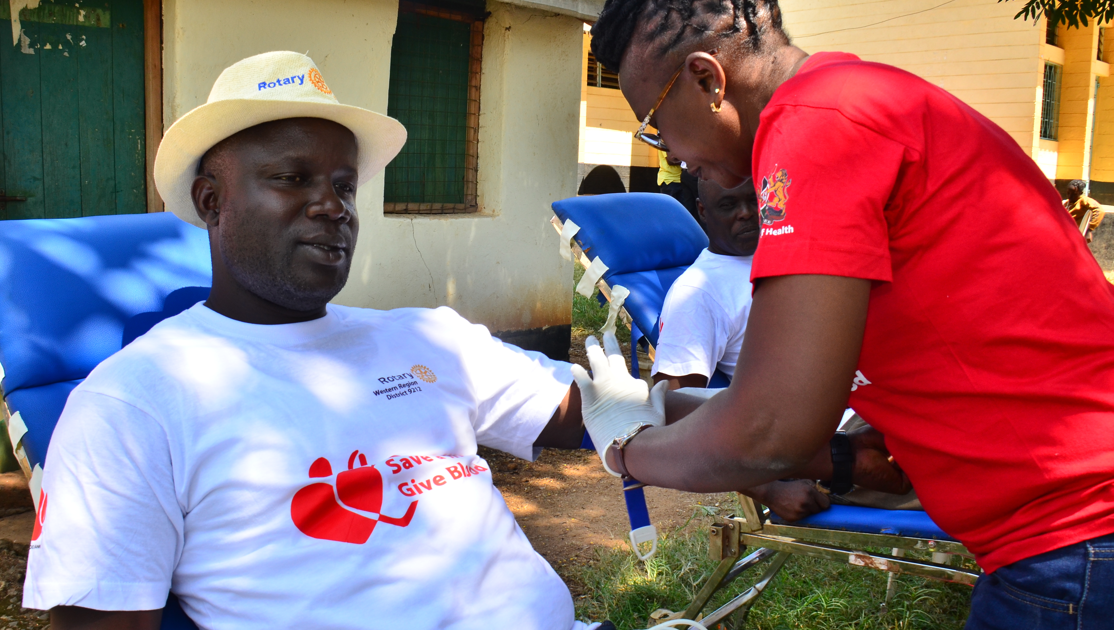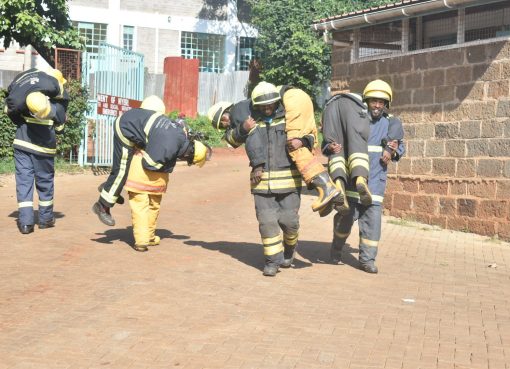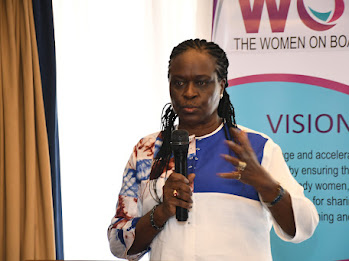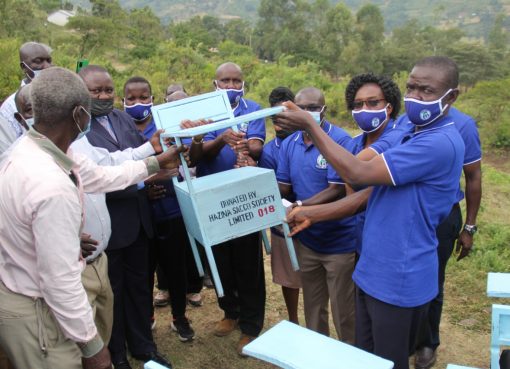Tens of students from Migori Teachers Training College donated blood at the institution as more youths from Migori County were encouraged to actively participate in blood donation exercises to help boost Kenya’s Blood Bank.
The event that collected over 100 pints of blood in a five-hour record was organized by the Rotary Club of Suna Migori in partnership with the Migori County referral hospital.
The President of Rotary Club of Suna Migori Mr. Lawrence Otieno emphasized the need for regular blood donations, saying the Rotary Club family in the country was keen to help in addressing the dwindling blood reserves and sustaining medical services countrywide.
“We aim to address the acute shortage of blood in various hospitals in the region and elsewhere by facilitating the collection of over 200 pints of blood from donors today before heading out to other western region counties to do the same,” he revealed.
He added that by conducting the exercise at a learning institution such as Migori Teachers Training College, more young people get to be informed about the importance of donation blood to save lives of those in urgent need.
Dr. Catherine Adera, who coordinates blood transfusion services in Migori, highlighted the importance of adequate blood supply, noting that a shortfall could be disastrous to critically ill patients.
“We usually have a goal to collect and store 12, 400 pints of blood yearly but a target that has not been achieved. It is good to donate blood to help anemic patients, those suffering from sickle cell disease and even cases of post-partum hemorrhage,” said Dr. Adera.
Additionally, she pointed out the practical advantages for donors, which included a donor card that acts as surety of receiving immediate blood whenever they, or their patients needed donation.
“The donors receive a card that helps them know their blood group. If you have a patient who needs blood, you can also come with your donor card and get the privilege of receiving blood easily,” she added.
Joshua Ochieng, a student at the college who donated blood during the exercise, expressed his motivation for participating and encouraged fellow youths to come out in large numbers to donate blood.
He dismissed miss-information around blood donation and urged the youth to ignore and keep donating blood.
The initiative not only aimed to meet immediate local blood needs but also sought to instill a culture of regular blood donation among the youth, ensuring sustained support for healthcare services in Migori County and beyond.
By Anjeline Ogal and George Agimba





